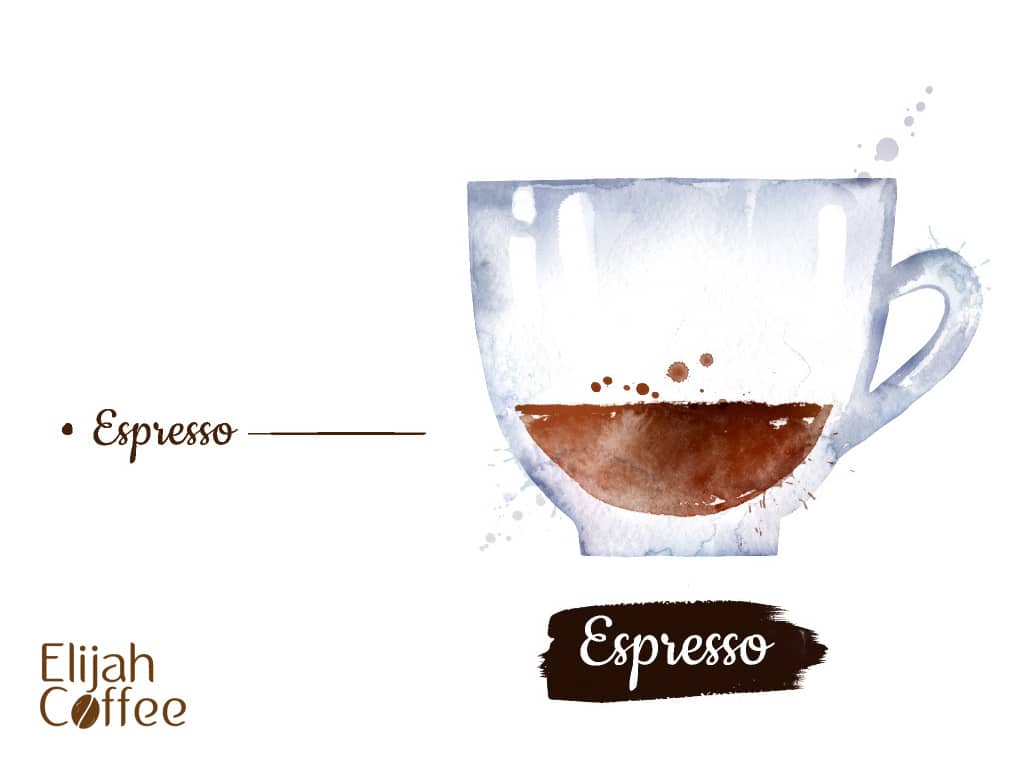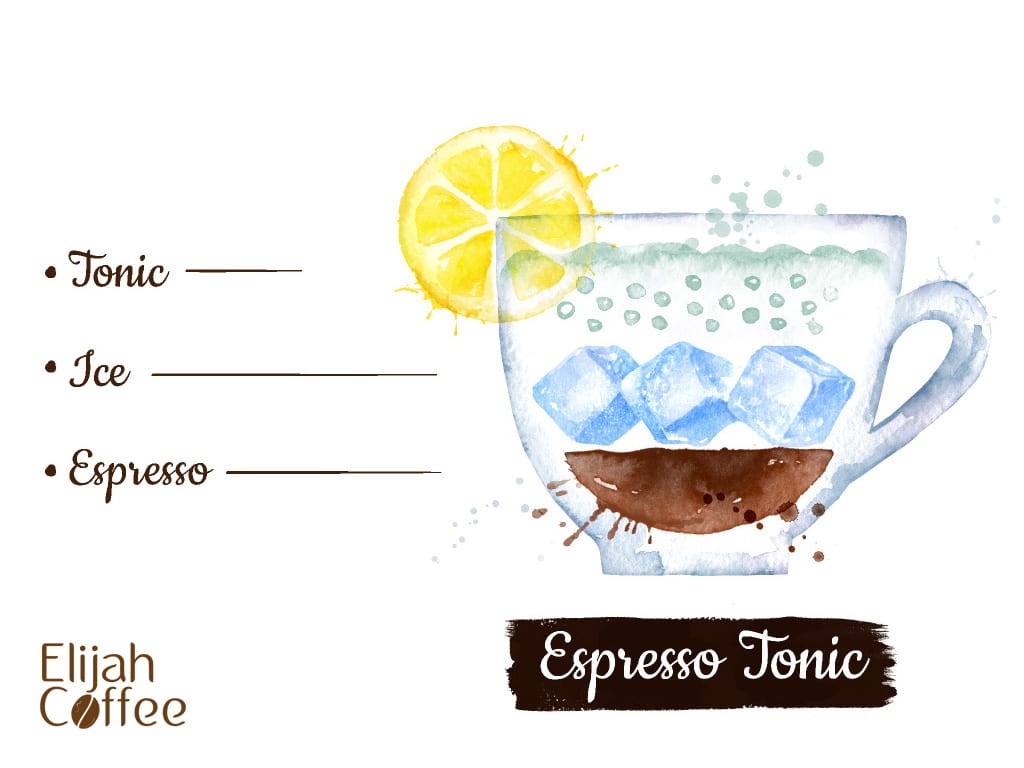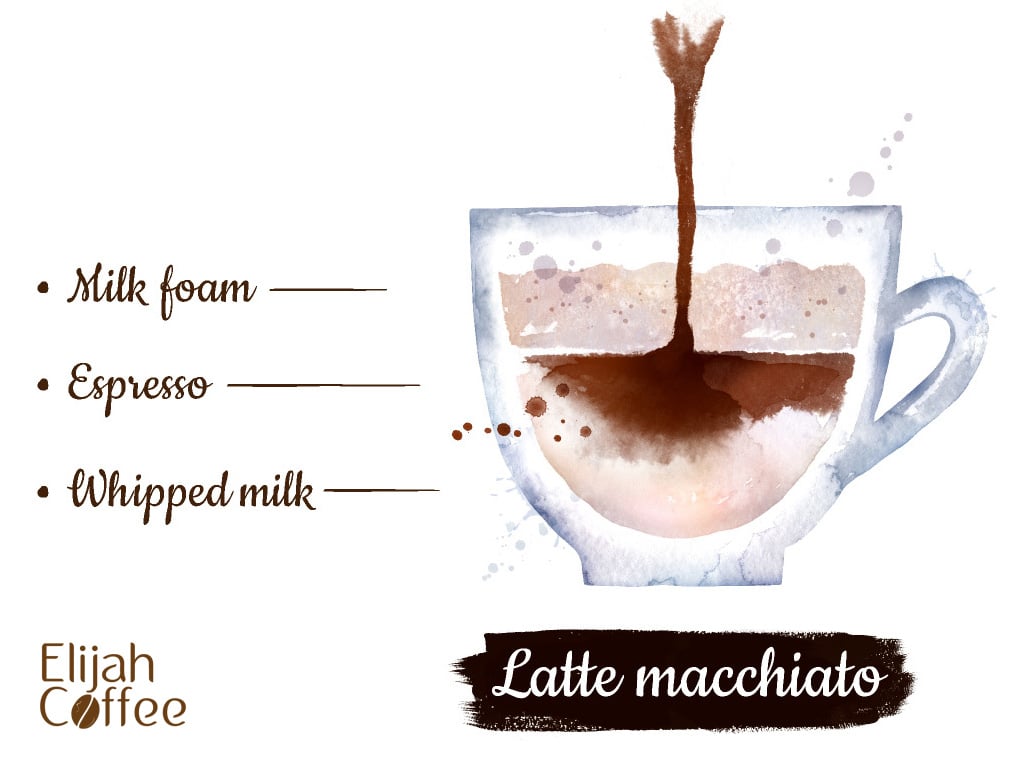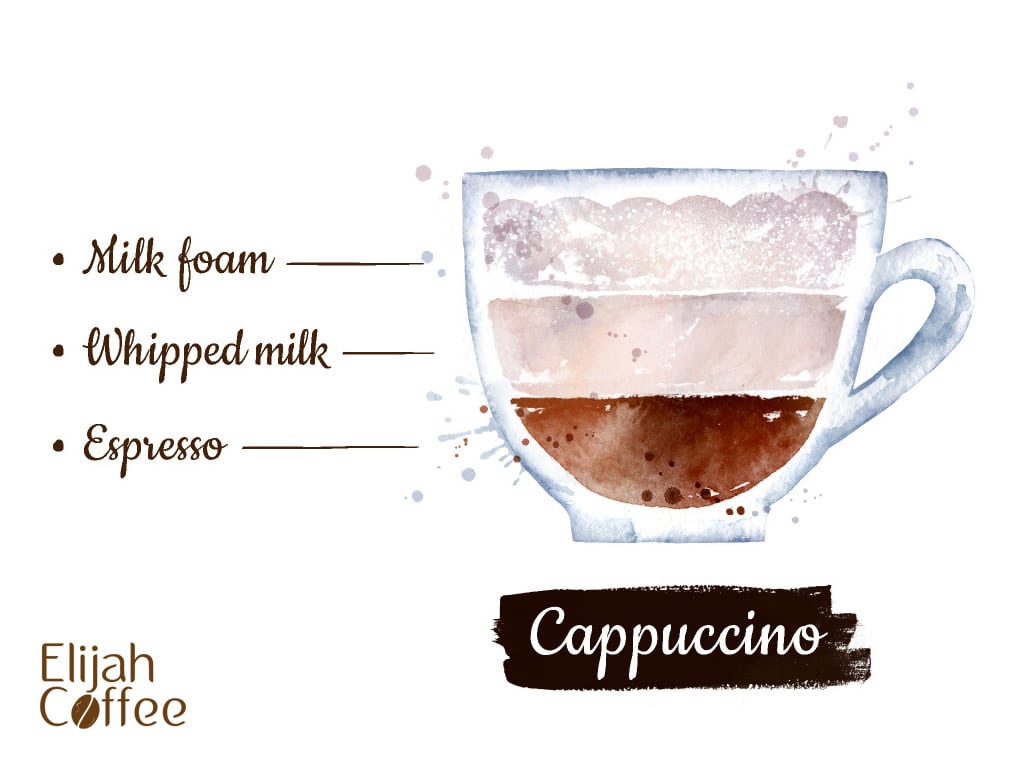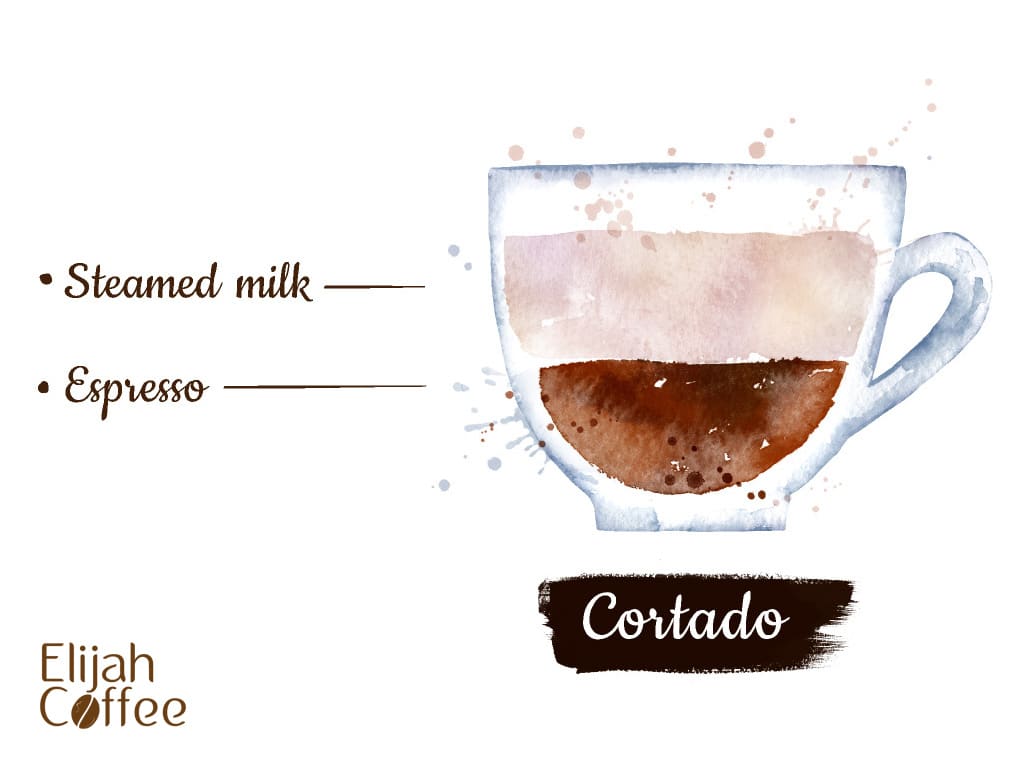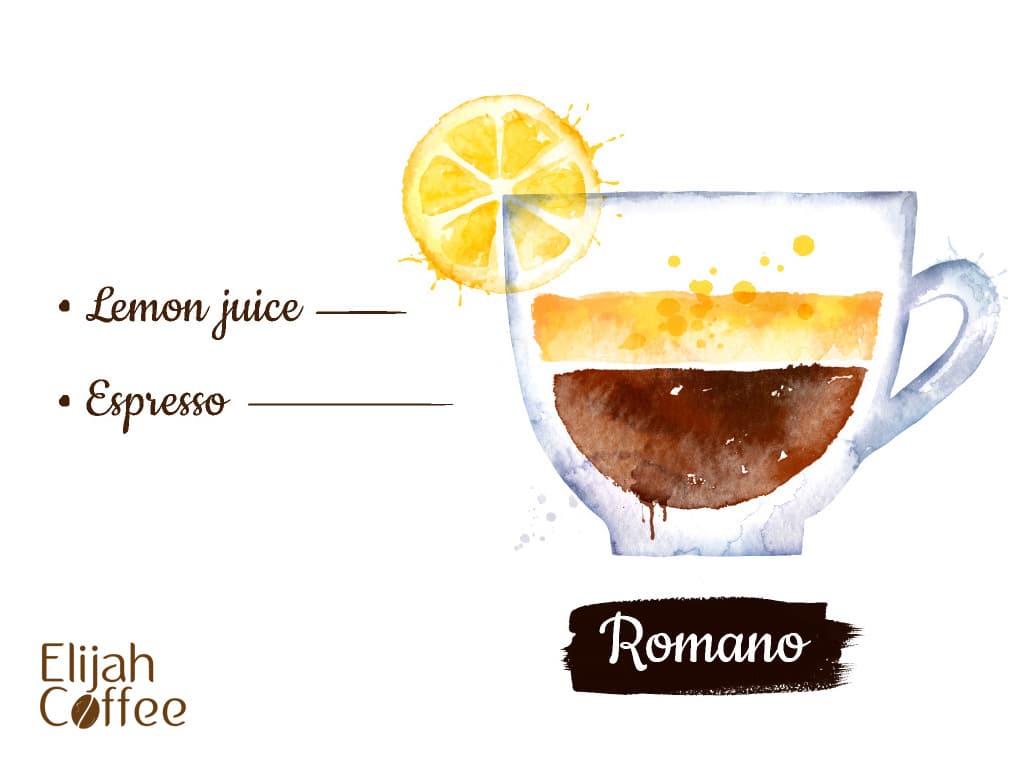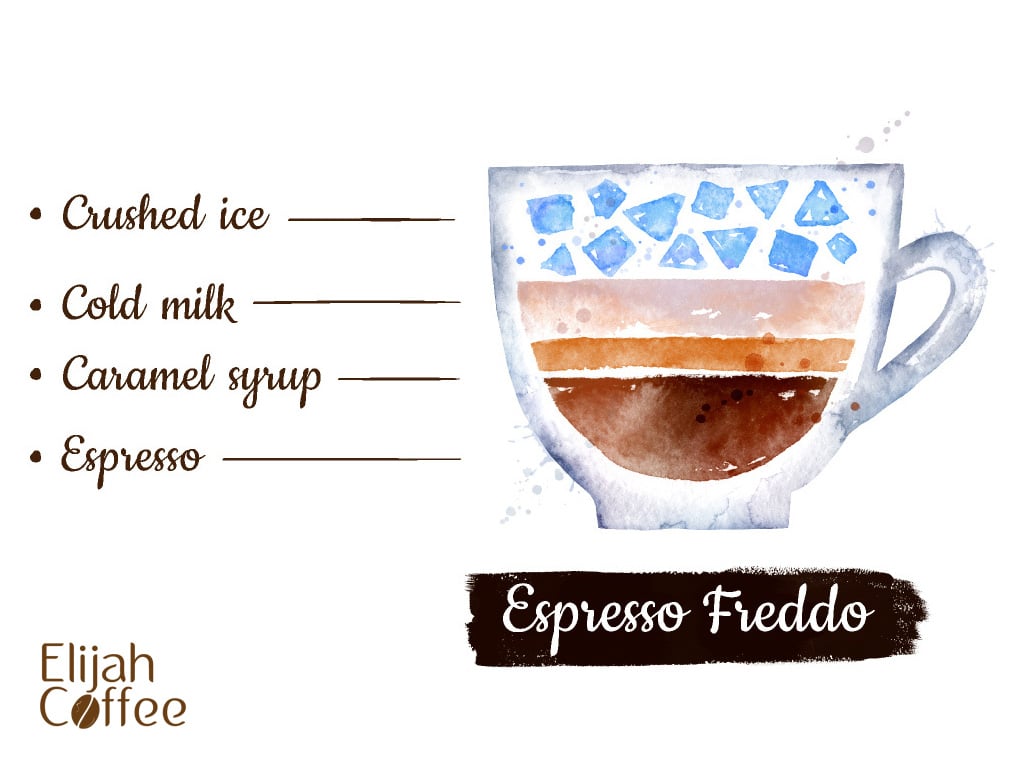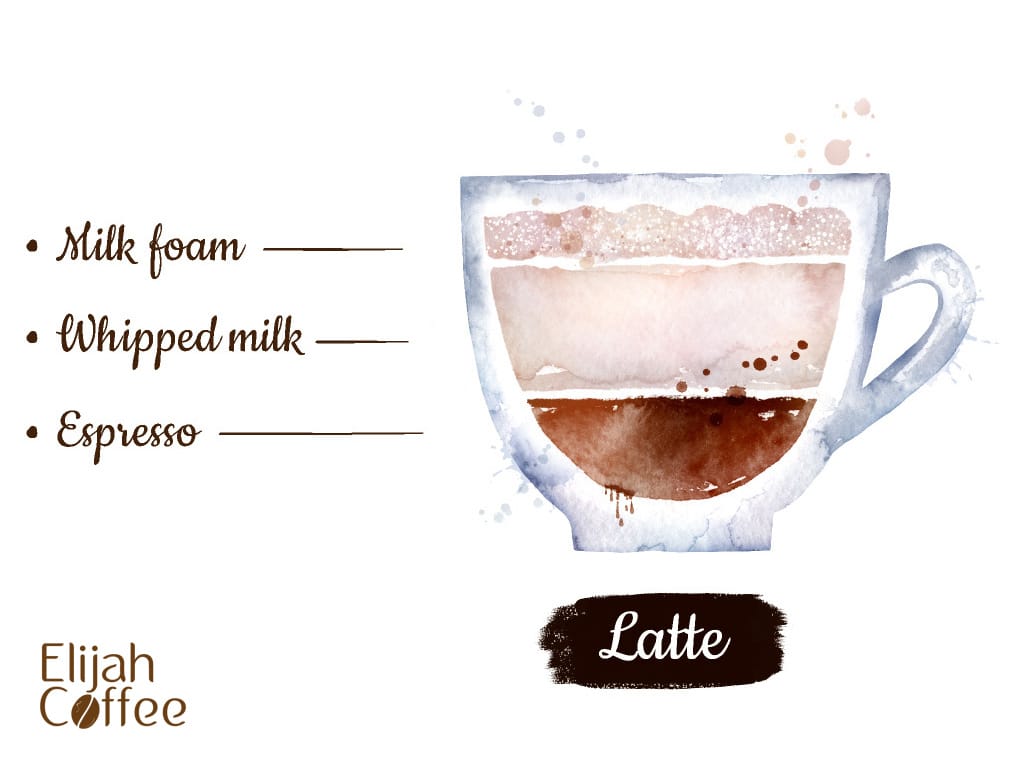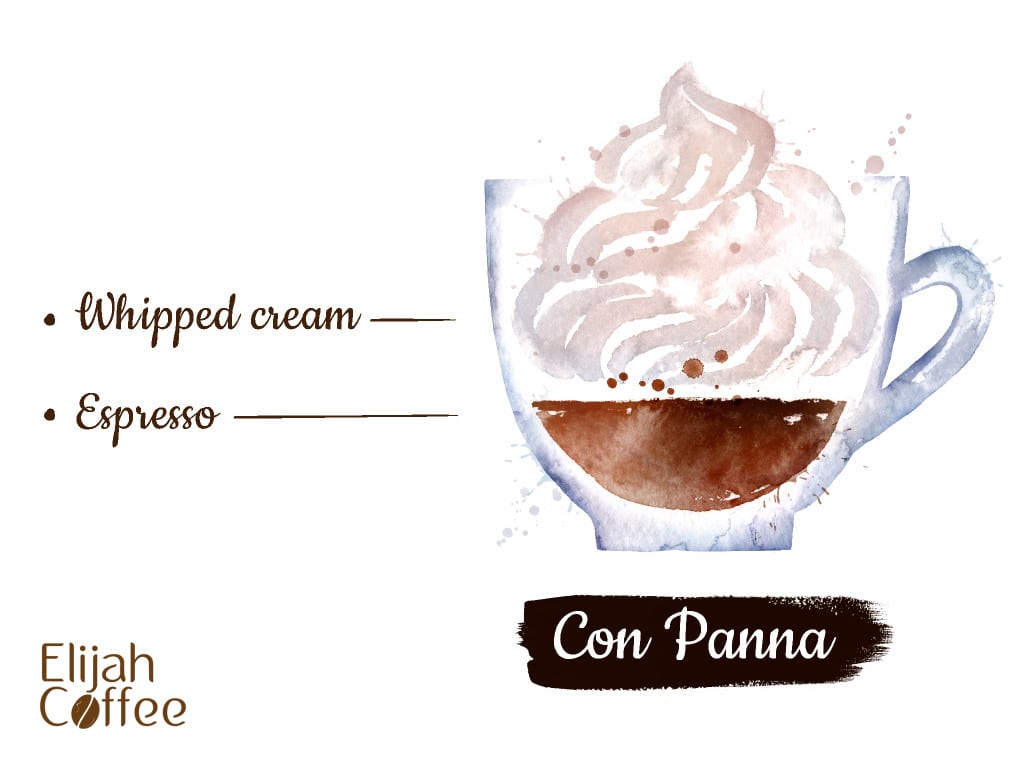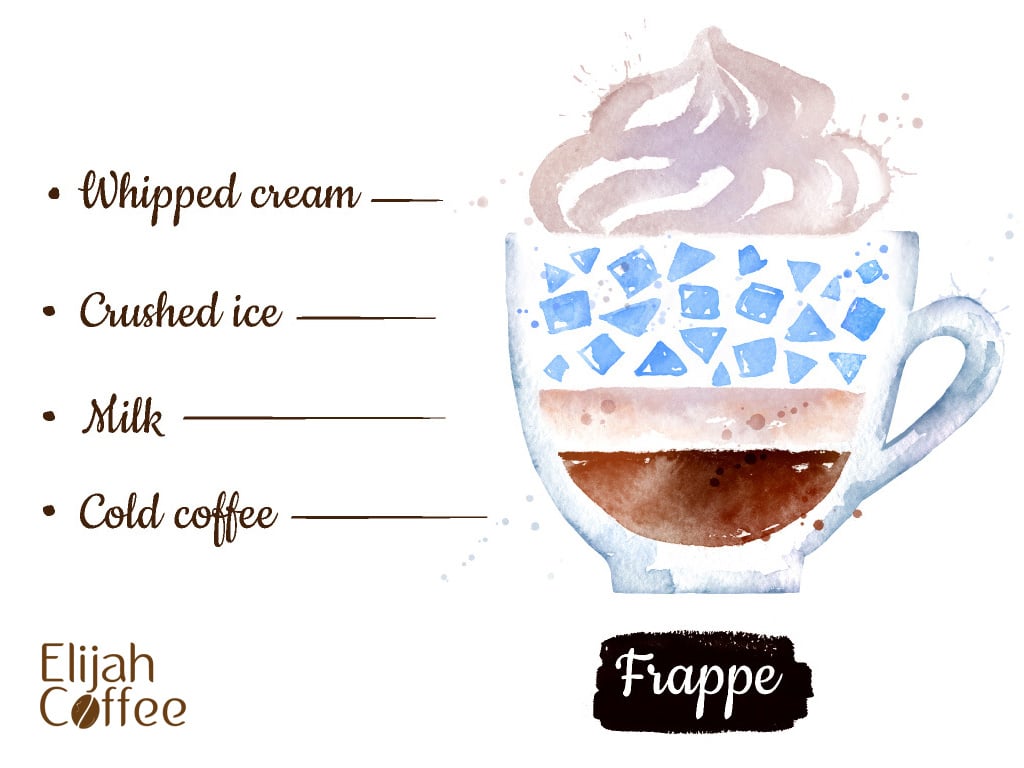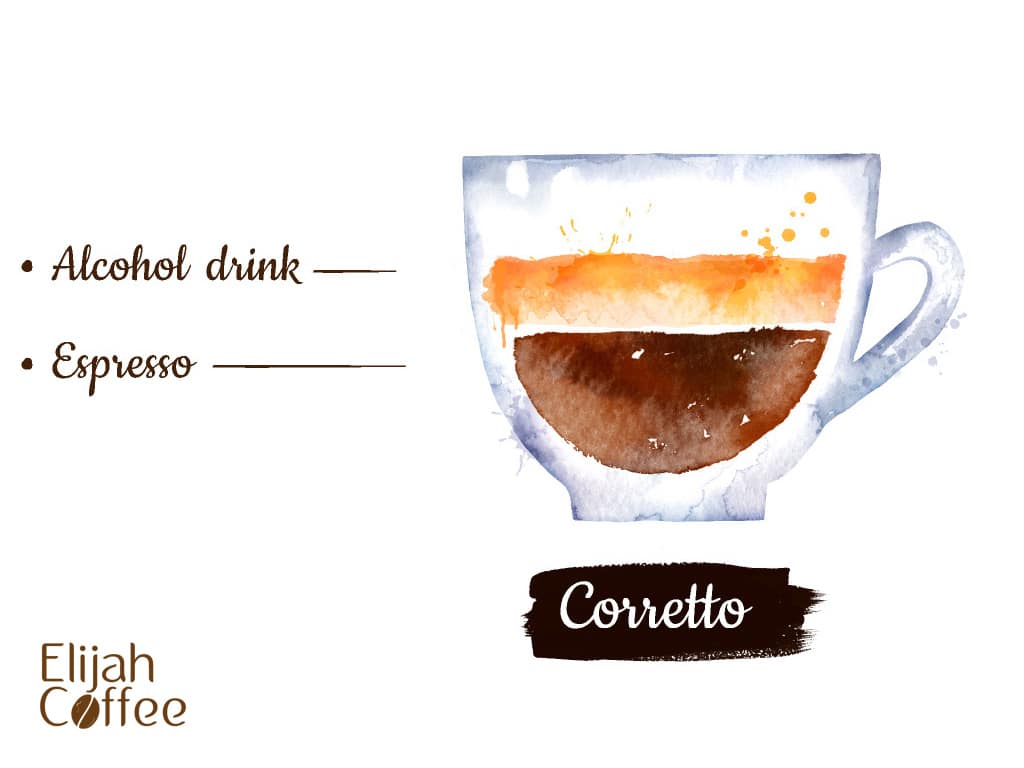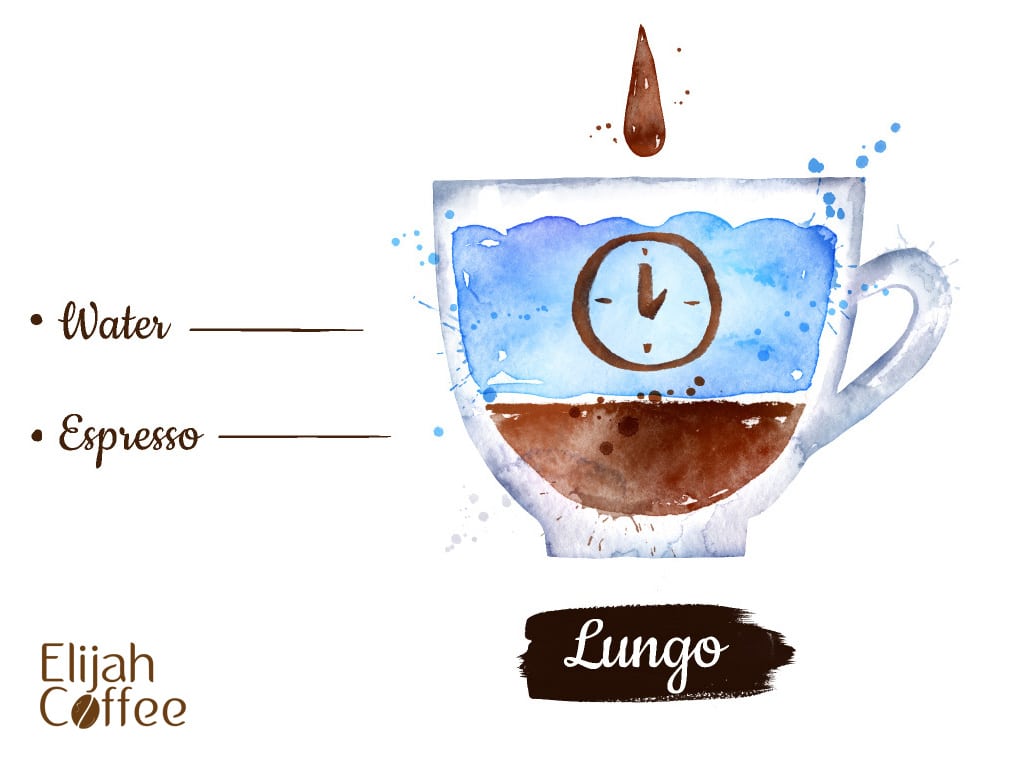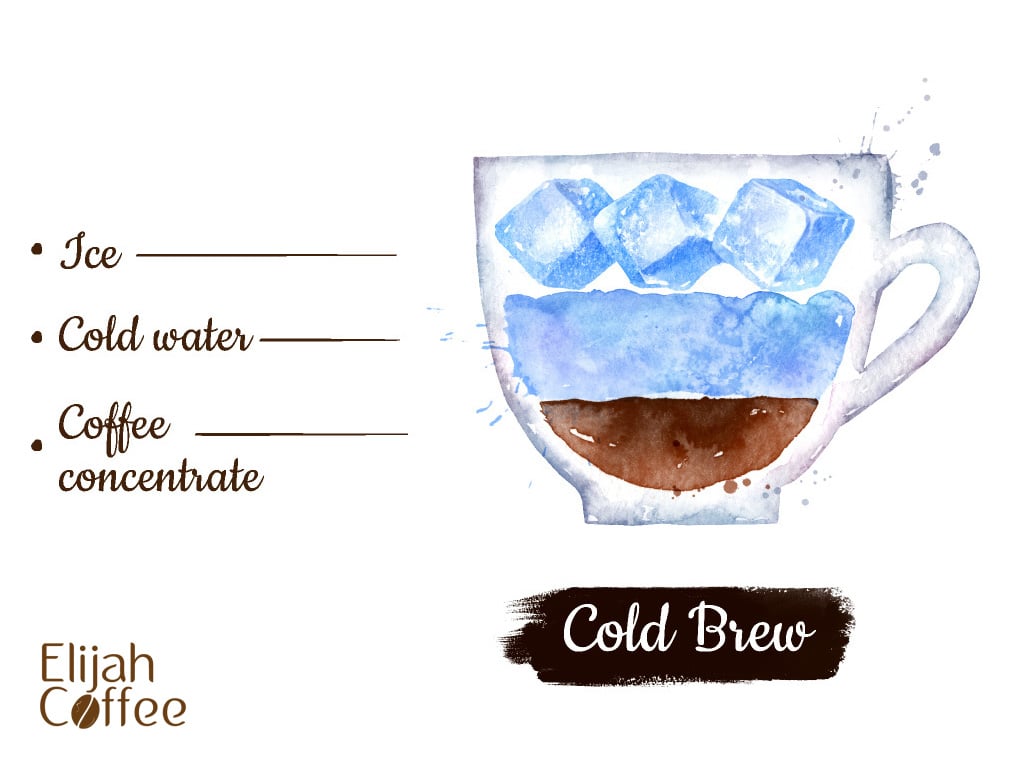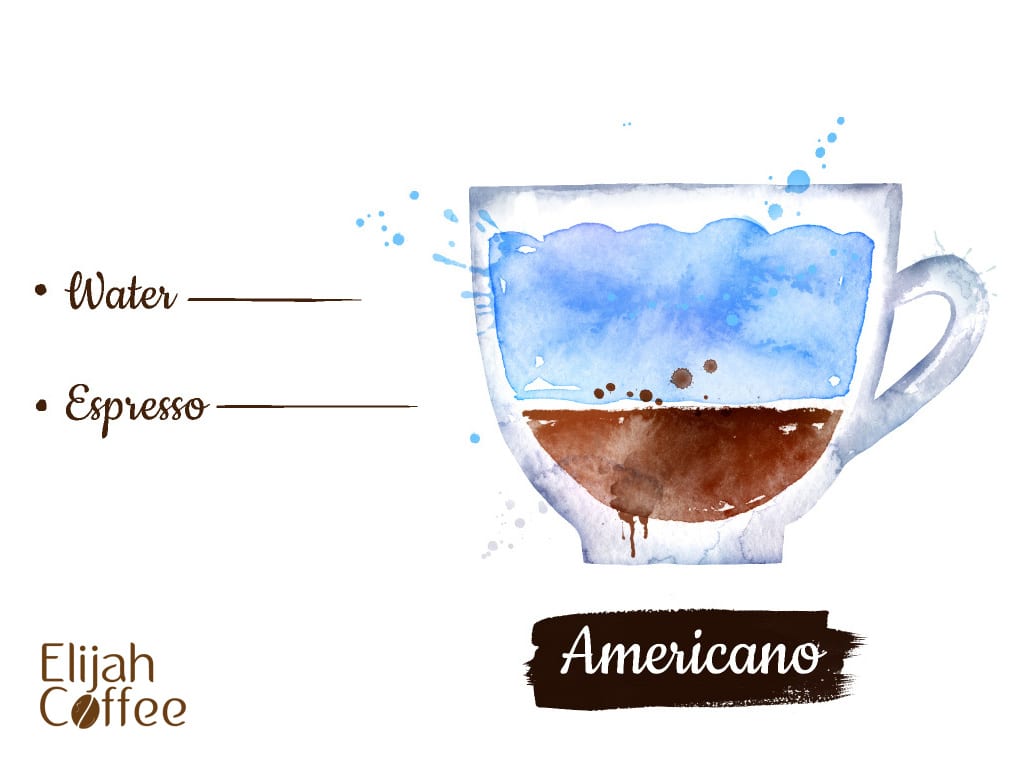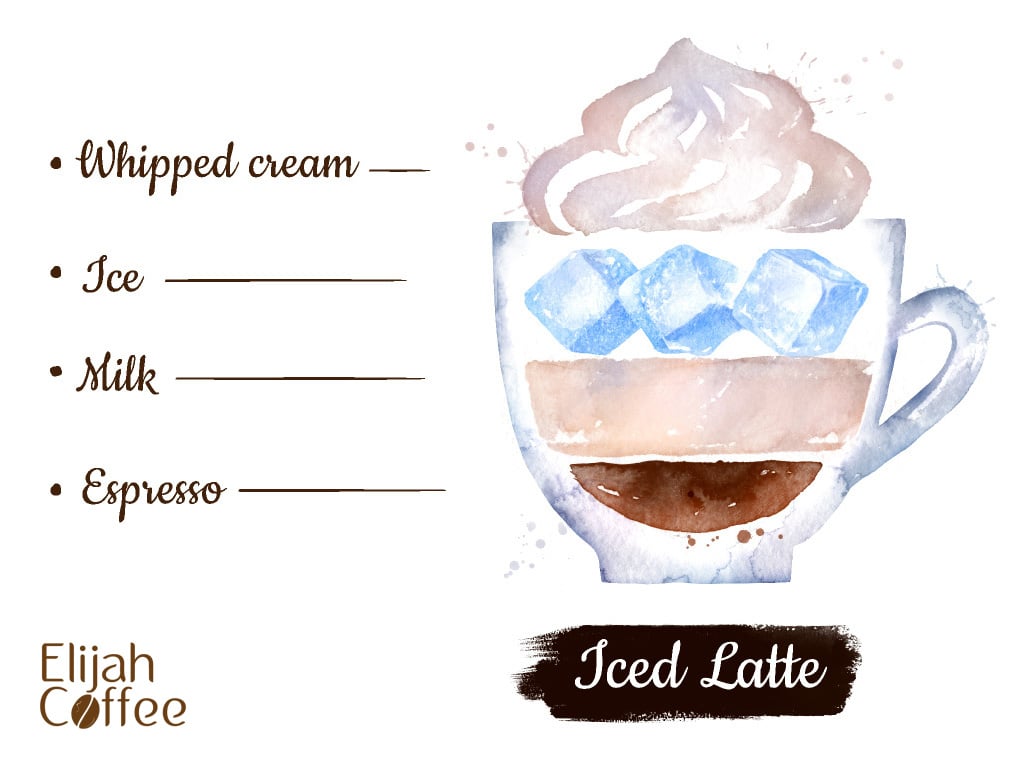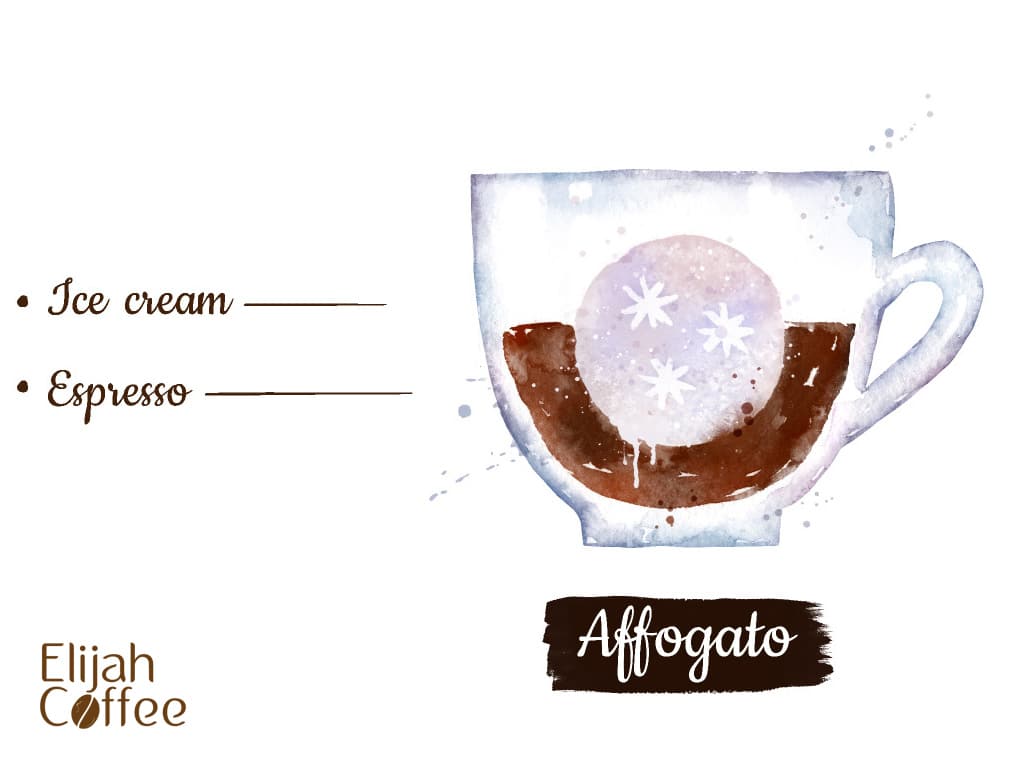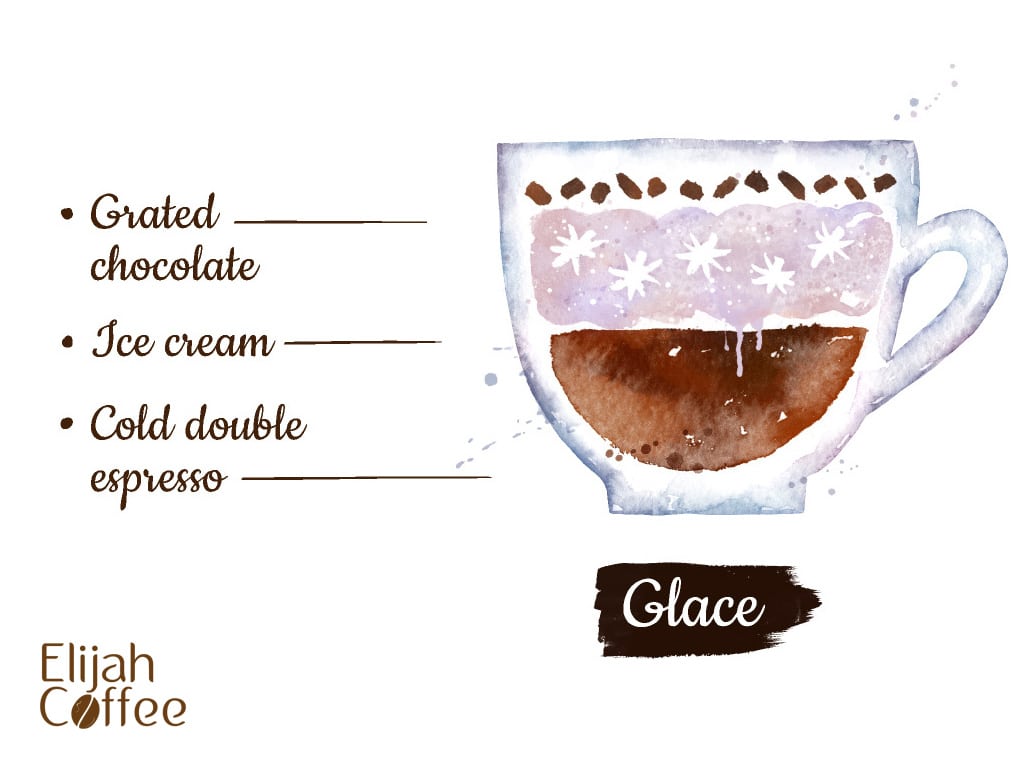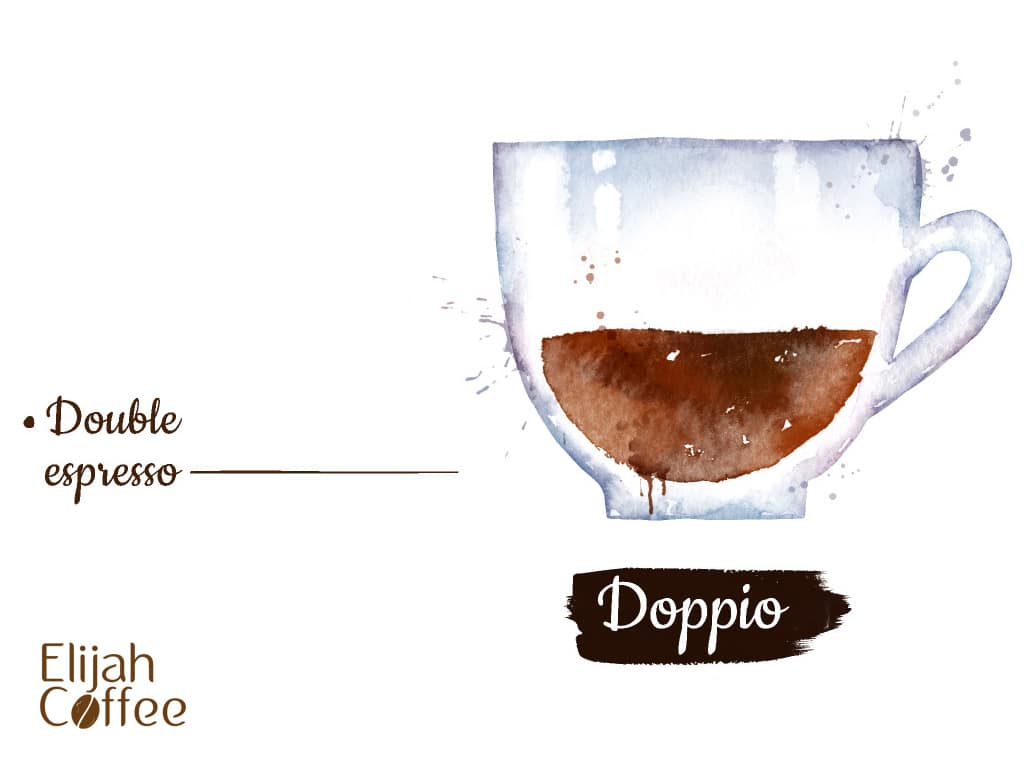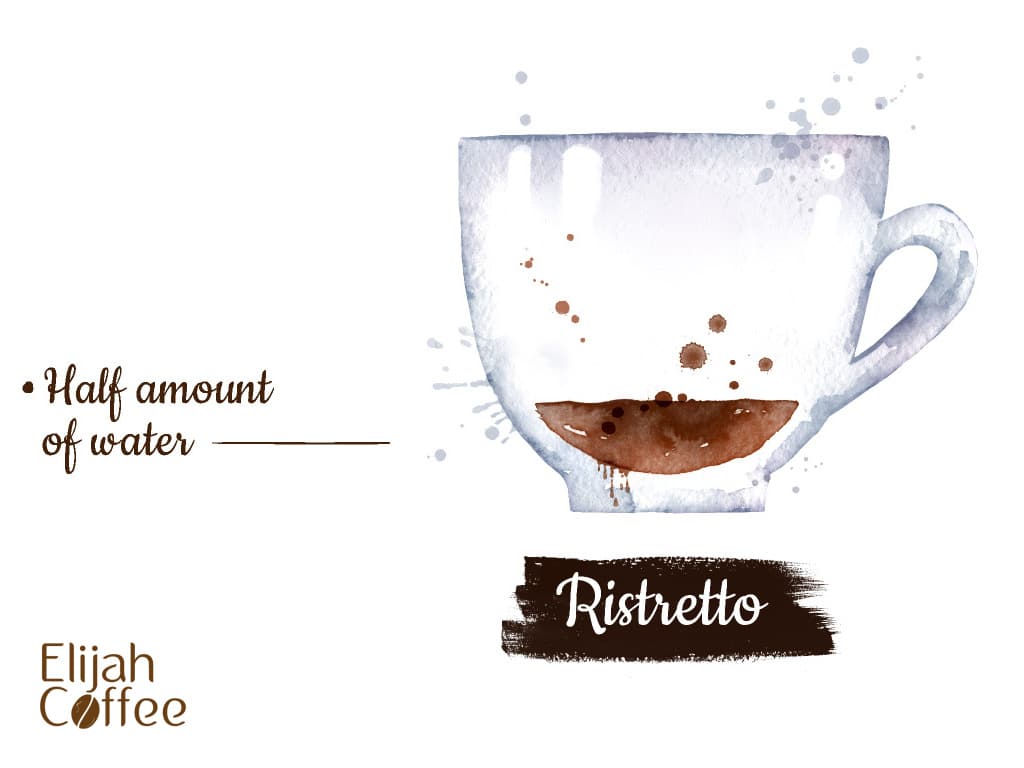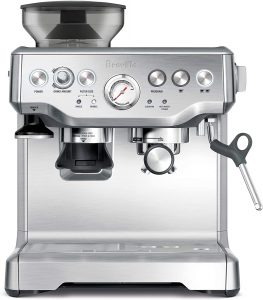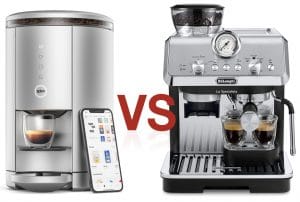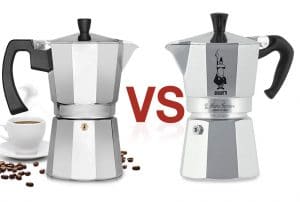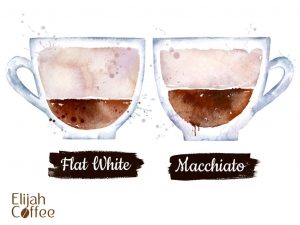Monster Energy was created in 2002 and is now one of the most well-known energy drink companies on the planet, as well as one of the best-selling. The firm has also inserted itself into the world of action sports, such as skateboarding, BMX, and mountain biking, as a major sponsor for hundreds of athletes, contributing to its rapid rise in popularity.
How Much Caffeine Is in Monster Energy Drink?
There are over 50 distinct kinds of Monster Energy soft drinks on the market, including the Java Monster, which contains 300 mg of caffeine in each can. Others, such as the Monster Unleaded, have less than 20 mg of caffeine per can.
However, with the exception of these two instances, all of the drinks in the range have comparable caffeine levels.
The original Monster Energy drink has 160 mg of caffeine in each 16-oz. container, but the Mega Monster is considerably more popular, with 240 mg of caffeine in a 24-oz. resealable can.
Monster Energy vs Coffee
The caffeine content of Monster Energy drinks and a similar amount of coffee is often comparable. Coffee, of course, can have very different caffeine contents depending on the roast, brewing technique, and bean type.
The usual amount of caffeine in an 8-ounce cup of regular brewed coffee, prepared with hot water over a filter or in a French press, is about 100 mg.
Espressos have a greater caffeine content than brewed coffee. Because espressos are generally drunk in smaller amounts, however, the overall amount of caffeine consumed is less.
A single espresso has about 1.5 ounces of liquid and contains approximately 60–65 milligrams of caffeine, whereas an espresso-based drink, such as a cappuccino or latte, has the same amount.
Do Monster Energy Drinks Aid Performance?
Energy drinks, such as Monster or a simple cup of coffee, are typically the go-to for most people when they need to burn the midnight oil while studying or need an extra boost during physical activities or athletic competitions.
The issue is that energy drinks’ boosts are rather short-lived, and they are followed by a comedown or crash. This can differ from person to person depending on factors like tolerance and metabolism, although most people require around 12 hours to process all of the caffeine in an energy drink, with a 15–45-minute peak.
The energy provided by a Monster will begin to decline in an hour, causing tiredness and lethargicness for most individuals. This implies that a Monster can help you be more energetic and cognitive, which may assist with mental and physical performance; however, this is unlikely to last much longer than 90 minutes.
You’ll need to drink more to maintain the energy, exceeding the daily sugar and caffeine recommended dose, with a more severe crash at the end.
Which Is Healthier Monster or Coffee?
Coffee and Monster have caffeine in them, but coffee has less calories. Monster energy boasts a higher concentration of caffeine, but it also has more fat, salt, and carbohydrates. That is why coffee is superior.
Does Monster Keep You Awake?
After drinking a Monster, you will be kept awake for three or more hours. Before it leaves your system, caffeine travels through your blood for approximately an hour. When you drink a Monster, make sure to drink a lot of water.
How Much Caffeine is Too Much?
For most people, up to 400 mg of caffeine a day is deemed safe. That’s the amount of caffeine found in approximately three to four cups of coffee, ten cans of cola, or two energy shot beverages.
Although there are numerous highly caffeinated energy drinks on the market, it’s probably not a good idea to drink 300 mg of caffeine in one go. Excessive consumption of this popular stimulant can result in a variety of unpleasant side effects, including headache, sleeplessness, anxiety, irritability, tremor, and heart palpitations to name a few.
Is Caffeine Healthy?
The Food and Drug Administration (FDA) states that healthy adults can consume up to 400 mg of caffeine each day. Of course, this is determined by the individual, and some people are far more sensitive to caffeine’s side effects than others.
Caffeine’s health benefits include decreased cancer risk, longer life, improved gut health, and better liver health. However, these connections may be due to the components in coffee rather than just the caffeine itself.








